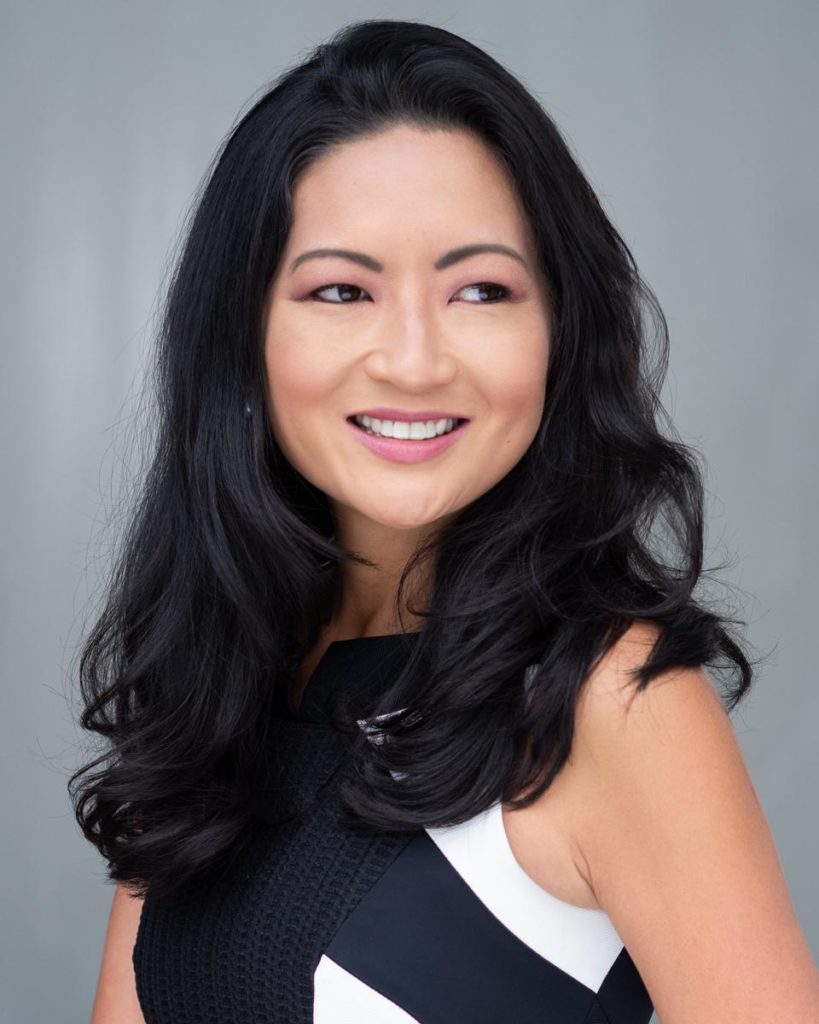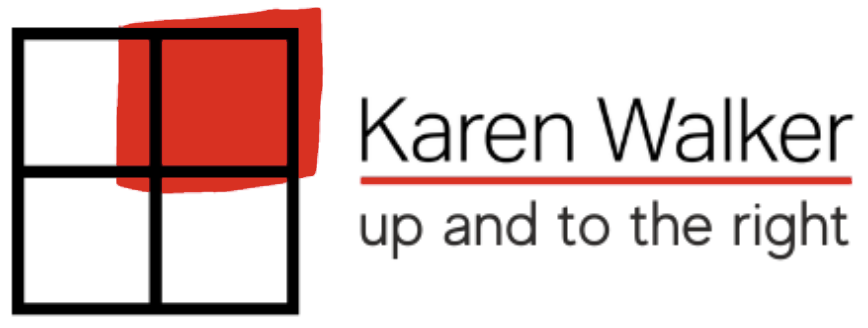
Leila McKenzie-Delis is the founder and CEO of DIAL Global and founder of The McKenzie-Delis Foundation. The Foundation recently launched a new initiative – the 2021 McKenzie-Delis Review on Diversity and Inclusion – which will provide an expanded understanding of diversity and inclusion.
I recently spoke with Leila about the Foundation, what drives her work, partnerships and the review.
This interview has been edited and condensed for clarity.
Karen Walker: What was the impetus for the creation of the McKenzie-Delis Foundation?
Leila McKenzie-Delis: It was unplanned. I have a background in talent, working closely with leaders within various organizations. I saw that there was a limited view of diversity – we need a broader perspective that considered different, holistic facets.
Because I am passionate about diversity and inclusion in all its different senses, I saw that the higher up you go in the classically corporate hierarchy, the lower the aspects of diversity. When it comes to leadership, if you continue going all the way up and you get to the CEO minus-two level, you realize that there is far less visible and invisible diversity.
I also noticed wonderful organizations focusing on single facets of diversity. With our review, we like to talk about holistic diversity, inclusion, belonging, and equity. We look specifically at the factors of gender, race, ethnicity, sexual orientation and disability (visible and invisible). We examine age, generation, parenthood and caring responsibilities, mental health and wellness, socioeconomic status, nationality and religion or beliefs.
The rationale behind creating the review was looking at those 10 areas, at the CEO minus-two level. We piloted it in the UK on 79 organizations in the first year, and the results were astonishing.
Fast forward a year – we had success with that pioneering research and we decided to create a foundation. This charitable organization was formed in the UK and approved by the UK charity commission. It allows us to offer completely free complementary research to support organizations in accelerating their diversity and inclusion strategies in leadership.
With the trickle effect from all leaders in those different areas, we can then move the dial, so to speak, and ultimately benefit wider society.
KW: How did you come to have such a passion for this work?
LMD: I was passionate about diversity and inclusion before I even knew what it was. I’m the adopted daughter of two white British parents. I’m Chinese and dyslexic, I’m neurodiverse. I’m a millennial female leader. And so, through a lot of the personal experience I had in school in the early days through to graduating, I started to realize what it meant to be different and how those unique facets of diversity related to each other.
I think the light-bulb moment for me was after I received a first-class honors degree in business and management studies. Even though I graduated as the highest in my year, I struggled to get a corporate job. At the time, I thought, “You know what? I’m not good enough.”
Since then, I’ve spent time in talent and executive search, coaching and advising about why we ought to look beyond the realm of the usual suspects and into other areas of talent. I realized that I could make a far more significant difference if I were to go in and change this narrative.
I know that I have the skills to bring to the table. I know that I have the capabilities to make business truly better. That experience, and my knowledge of many organizations and how the organization structure stacks up with the talent background, was the tipping point to look at this pioneering research and then to create the Foundation.
KW: What a story, Leila. Congratulations on breaking through that systemic- induced doubt. Many people don’t, and it’s clear the strength of your personality supported you in doing that. And now you’re doing this great work.
Could you expand on the partnership you formed with Verizon, Walgreens and others to support this review?
LMD: I’m so grateful for those who believed in this research in the UK. We have Lord Simon Woolley, an advisor to Number 10 Downing Street on race and ethnicity.
We want to replicate that level of support in the States with pioneers in diversity and inclusivity who care, and who are not just paying lip service to serve the greater good.
Two of those individuals are Tami Erwin, the CEO of Verizon Business, and John Standley, executive vice president of Walgreens Boots Alliance and president of Walgreens.
It seemed the perfect opportunity for us to have them as co-chairs and lead a number of the individuals on our review committee.
KW: You’re probably familiar with the term “greenwashing” from the environmental movement – where people say they’re doing environmentally productive things but are not. I think the same thing has happened in many instances with DEI initiatives, but you’ve chosen organizations for whom the business case is as essential as the humanistic. You’ve talked about what makes this review unique. Who would you most like to participate in the review? How long will the opportunity be available for people to take part in it?
LMD: In the UK, we’re primarily looking at FTSE listed and other large organizations; in the US, we are looking at the Fortune 500 and NASDAQ listed organizations.
We are looking at large organizations because we know we can have a more significant impact, and it allows us to give more relevant comparisons because of the size of the organizations. But ultimately, we would not exclude anyone from wanting to take part in the unique diagnostic that we have.
The benchmarking pool is free to everyone to participate in because the survey results are aggregated. That should reduce concern for organizations worrying about identification and display of their specific results.
The review opens in early October and stays open until December. The results will be published early next year, which will happen on an annual basis. For more information, please contact us at [email protected]
KW: You’ve put tremendous effort into this. What are the results that you are seeking?
LMD: I wanted to make a difference, not just in the classic sense of the word. I really want to make a difference with future generations of leaders in corporate and large organizations and in broader society. If we enable talent within those multiple facets of diversity to be able to thrive and to be granted opportunities, we will deliver exceptional results in original ways of thinking for organizations. The amount of innovation and the amount of productivity would be absolutely off the Richter scale.
